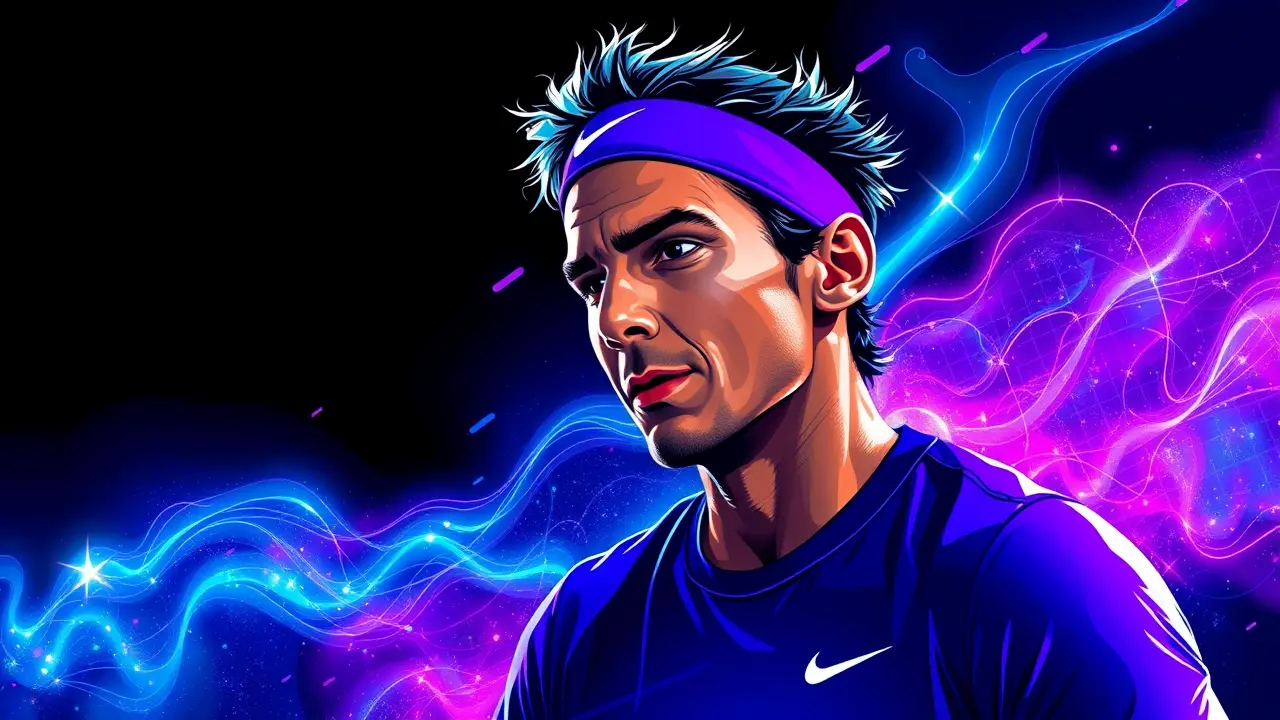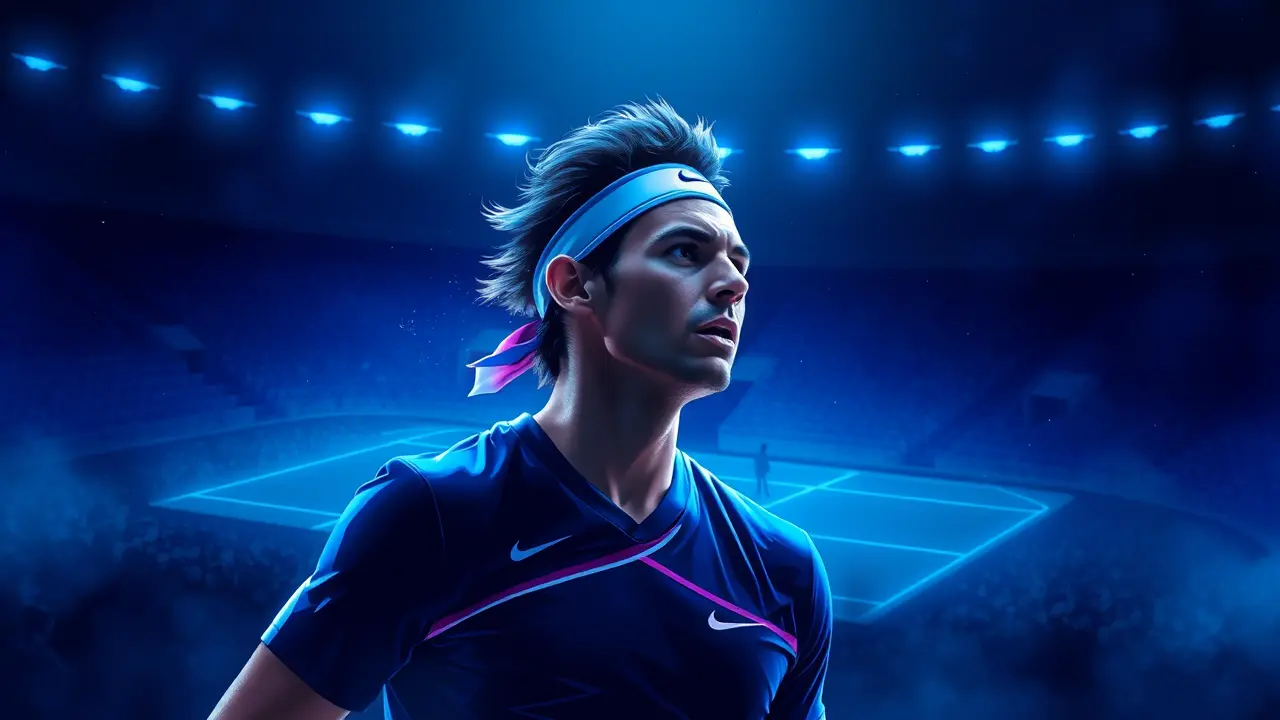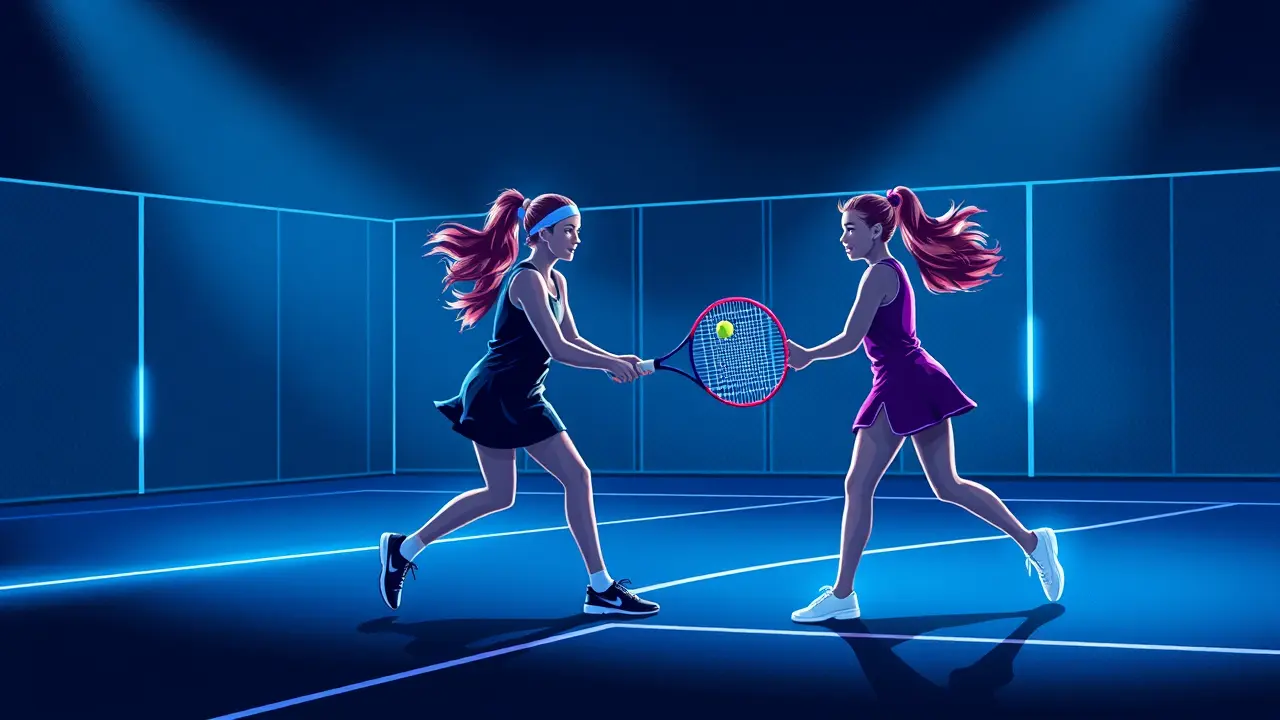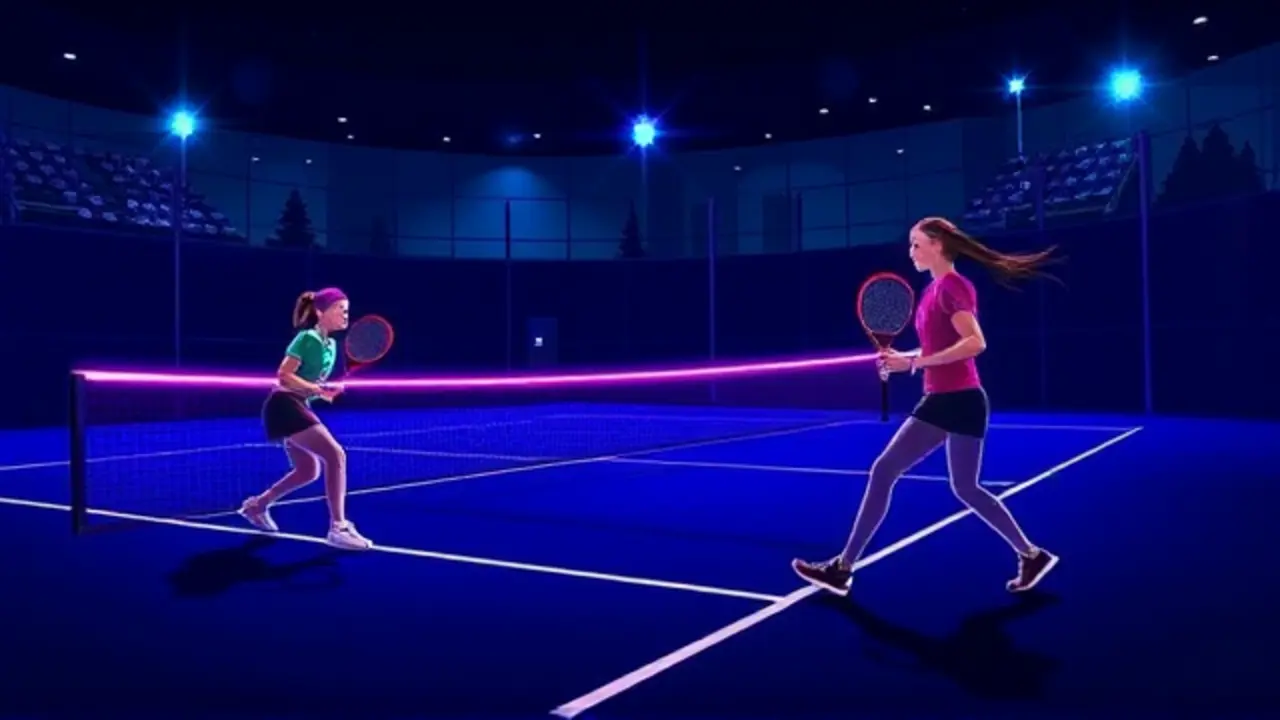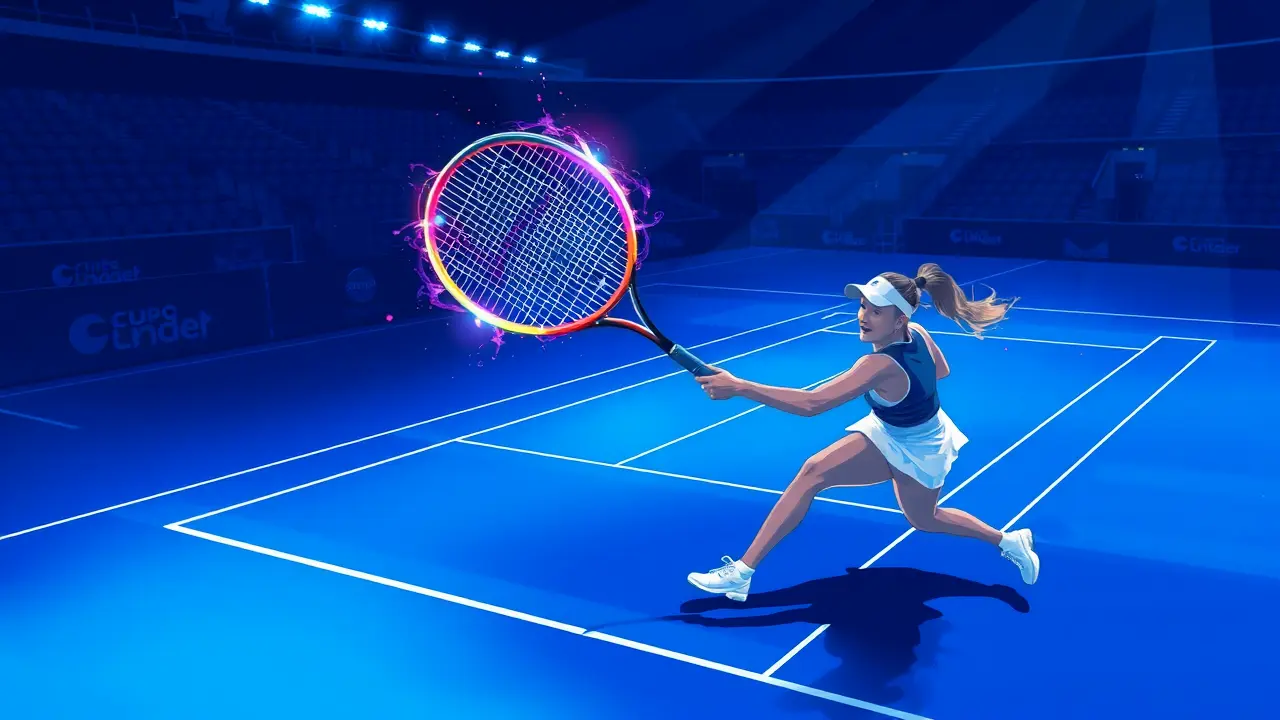
SporttennisPlayer Profiles
Raphinha on athletes using platform for social justice.
JA
Jack Turner
4 hours ago7 min read
In a powerful testament to the modern athlete's evolving role, FC Barcelona winger Raphinha has emphatically declared that sports stars possess not just a platform but a profound responsibility to speak out against social and racial injustice, framing this duty as an intrinsic part of their humanity beyond the pitch. Speaking with the conviction of a man who understands the weight of his voice, the Brazilian international articulated a philosophy that transcends the beautiful game, arguing that the immense reach of elite footballers—captivating millions globally—demands they move beyond mere athletic performance to engage with the societal issues that truly matter.'Of course, with this comes great responsibility,' Raphinha acknowledged, his words echoing the cautious yet determined stance of a generation of athletes no longer content to 'just stick to sports,' a sentiment that places him in the company of trailblazers like Marcus Rashford and his own compatriot, Vinícius Júnior, who have leveraged their fame for educational reform and anti-racism campaigns, respectively. He confronts the inevitable criticism head-on, a calculated risk in an era where social media backlash is instantaneous, yet he posits that silence is a far greater peril, a guarantee that the status quo of inequality remains unchallenged.'I don't see myself only as a footballer,' he stated, a refreshing departure from the often-curated public personas of stars, 'I am a person, a father, a citizen. ' This multifaceted self-perception is crucial; it grounds his activism not in a desire for publicity but in the lived experiences of his own upbringing, where he witnessed firsthand the scarcity of opportunity and the harsh realities faced by families in marginalized communities.For Raphinha, the causes closest to his heart are therefore deeply personal: championing childhood education and supporting projects that aid children from backgrounds similar to his own, ensuring they have access to the resources he once lacked. Furthermore, he identified the fight against prejudice—racial, social, or otherwise—as a central pillar of his advocacy, drawing from the painful, personal understanding of 'being judged by your origin' and expressing a fervent desire to dismantle these barriers for future generations.This is not merely philanthropy; it is a strategic, heartfelt intervention into the systemic issues that football, as a global microcosm, often reflects. His stance carries significant weight at a club like Barcelona, an institution long celebrated for its motto 'Més que un club' (More than a club), a phrase that now finds renewed, deeper meaning in the actions of its players.Analytically, Raphinha’s comments signal a continuing shift in the power dynamics of sport, where athletes are increasingly seizing control of their narratives and using their economic and cultural capital to influence public discourse, much like LeBron James has with his I PROMISE School or Megan Rapinoe with her advocacy for LGBTQ+ rights and equal pay. The potential consequences are multifaceted: while it fosters a more socially conscious sporting landscape and inspires fans, it also opens players to intensified scrutiny and political pressure, particularly in regions where speaking out is discouraged. However, as Raphinha compellingly argues, the cost of inaction—of allowing injustice to persist unchallenged from a position of immense privilege—is simply too high, cementing his role not just as a wizard on the wing, but as a conscientious citizen of the world, using his platform not for vanity, but for veritable, lasting change.
#featured
#Raphinha
#Barcelona
#athlete activism
#social justice
#racial equality
#footballers speaking out
Stay Informed. Act Smarter.
Get weekly highlights, major headlines, and expert insights — then put your knowledge to work in our live prediction markets.
Related News
© 2025 Outpoll Service LTD. All rights reserved.

